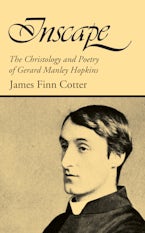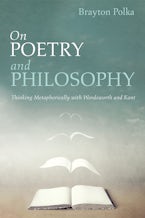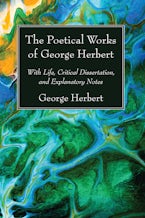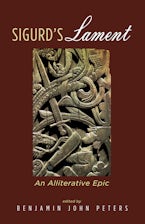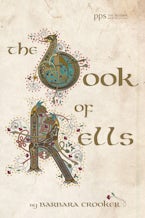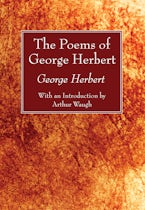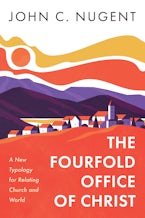Inscape
The Christology and Poetry of Gerard Manley Hopkins
Imprint: Wipf and Stock
370 Pages, 5.50 x 8.50 x 0.74 in
- Paperback
- 9781666755657
- Published: September 2022
$45.00 / £40.00 / AU$71.00
BuyOther Retailers:
Viewing the achievement of Gerard Manley Hopkins against the background of Christian tradition and the nineteenth-century developments of evolutionary and religious expression of that tradition, the author interprets virtually the entire corpus of Hopkins' writings in terms of the radical integration of myth and historical existence. This is the unity Hopkins sought to achieve in his life and labored to express in poetry.
Following the lead of John Henry Newman, Henry Parry Liddon, and other Oxford thinkers, Hopkins researched the Bible, the fathers of the church, and the Schoolmen in his quest for a personal reincarnation of Christian gnosis, existential knowledge of Jesus Christ. This mythmaking search is traced in the book through its three sections: "Christology," where the poet's readings in Parmenides, St. Paul and the Gospel writers, the church fathers, and the Schoolmen show the originality of his philosophical approach; "Poetry," where the poems themselves, through their imagery and language, frame the expression of the new vision; and "Gnosis," where the final shape of the vision reveals a dynamically integrating concept, which Hopkins called "inscape" and which anticipates the idea of Omega formulated by Teilhard de Chardin.
Inscape is not a line by line explication of the poems but is instead an examination of Hopkins' thought. So that the reader may discover the poet's central achievement, the author attempts to let Hopkins speak for himself. This book should cause both theologians and literary critics to see, as Hopkins saw, old truths with renewed imagination. It also presents a fresh view of Hopkins' poetry with new interpretations of the major poems in the light of his unifying myth.
James Finn Cotter is professor of English, Mount Saint Mary College. His articles have appeared in many scholarly journals and his poems in such publications as America, Commonweal, and the New York Times.

